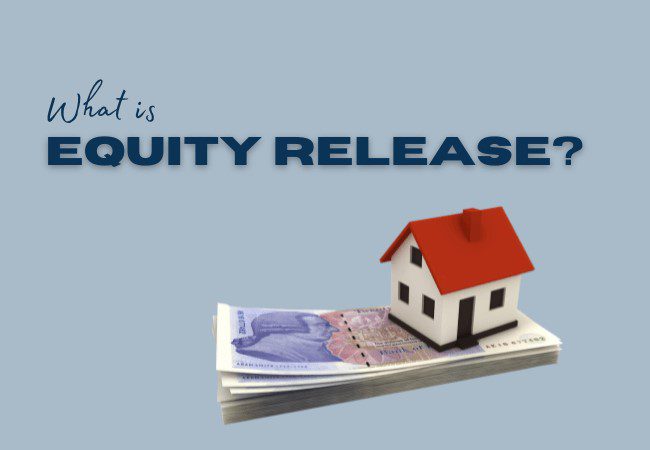If you’re exploring home loan options, you might be weighing whether to work with a mortgage broker or approach a bank directly. While each path has its own merits, understanding the differences between the two can help you make an informed decision based on your unique needs.
What Does a Mortgage Broker Do?
A mortgage broker acts as a middleman between you and lenders. Instead of doing all the research yourself, a broker evaluates a variety of loan products from different banks and lenders, aiming to find the most suitable one for your situation. While it’s entirely possible to shop for a loan yourself, a mortgage broker can often simplify the process and offer valuable insights.
Mortgage Broker vs. Bank: Key Considerations
When it comes to choosing between a mortgage broker or going directly to a bank, several factors come into play. Let’s explore some of these to help you decide which is best for you.
Are Mortgage Brokers Better Than Banks?
The decision to use a mortgage broker or go straight to a bank is largely personal. If you’re comfortable comparing home loan products and negotiating terms, you might feel confident approaching a bank on your own. However, if you’re not familiar with the home loan market or lack confidence in finding the best deal, a mortgage broker can be an excellent resource.
Brokers typically have access to multiple lenders and may be able to negotiate on your behalf, possibly securing you a better deal than you would find on your own. That said, brokers are limited to the panel of lenders they work with, so it’s important to check that your broker is licensed and has a diverse range of lenders at their disposal.
Are Mortgage Brokers Cheaper Than Banks?
Generally, mortgage brokers don’t charge you directly for their services. They earn commissions from the banks and lenders they refer you to. This means working with a broker won’t usually increase your costs. However, you’ll still have the standard fees associated with obtaining a home loan. These include lender’s fees or conveyancing costs, regardless of whether you go through a broker or directly to a bank.
The real question of cost comes down to the loan you secure. A broker might help you find a loan with a lower interest rate, potentially saving you money in the long run. But the deal will depend on the loan product you choose.
Is It Easier to Get a Loan Through a Broker?
The ease of obtaining a loan depends more on your personal financial situation than on whether you use a broker or bank. If you have a large deposit, stable income, and a good credit score, securing a home loan might be straightforward regardless of the approach.
However, if you have a lower credit score, irregular income, or a smaller deposit, a broker might be better positioned to help you find a lender that fits your needs. Brokers are legally obligated to act in your best interests. They will work to match you with a loan product that aligns with your circumstances.
How to Choose a Mortgage Broker
If you decide to work with a broker, it’s essential to ensure they are reputable and well-qualified. Consider asking the following questions:
- Are they licensed?
- How much experience do they have?
- Have they worked with clients in similar financial situations to yours?
- How many lenders are in their panel?
- How do they earn commissions, and does one lender pay more than others?
The answers to these questions can help you determine if the broker is a good fit for your needs.
Pros and Cons of Using a Mortgage Broker
Pros:
- Access to multiple loan options from various lenders.
- Expertise in navigating the home loan market.
- Ability to find loans for unique circumstances, like low credit scores or self-employment.
Cons:
- Brokers only work with a select number of lenders, so they may not offer every available loan on the market.
- Although they are bound by a legal duty to act in your best interest, brokers are still paid through commissions, which could create a preference for certain lenders.
Pros and Cons of Going Directly to a Bank
Pros:
- Some banks don’t work with brokers, meaning you may find unique deals by going direct.
- If you’re refinancing, you may be able to negotiate a better rate with your current lender.
- Banks may have a deeper understanding of their loan products since they aren’t acting as intermediaries.
Cons:
- You might struggle to know if you’re getting the best deal without comparing a wide range of options.
- Banks may have slower internal processes, whereas brokers often have shortcuts to streamline the application.
- If one bank rejects your application, you may have to start the process again elsewhere. whereas, a broker can switch you to another lender more easily.
Final Thoughts
Deciding whether to use a mortgage broker or go straight to a bank depends on your confidence in navigating the home loan market and your personal financial situation. Brokers can provide valuable support, but it’s crucial to ensure they are working in your best interest. On the other hand, going directly to a bank can offer a more focused approach. However, you may miss out on alternative loan options.
At Roar Capital, we can guide you through this decision-making process and help secure a loan that aligns with your goals. Reach out to us to learn more about how we can assist in your home-buying journey.








